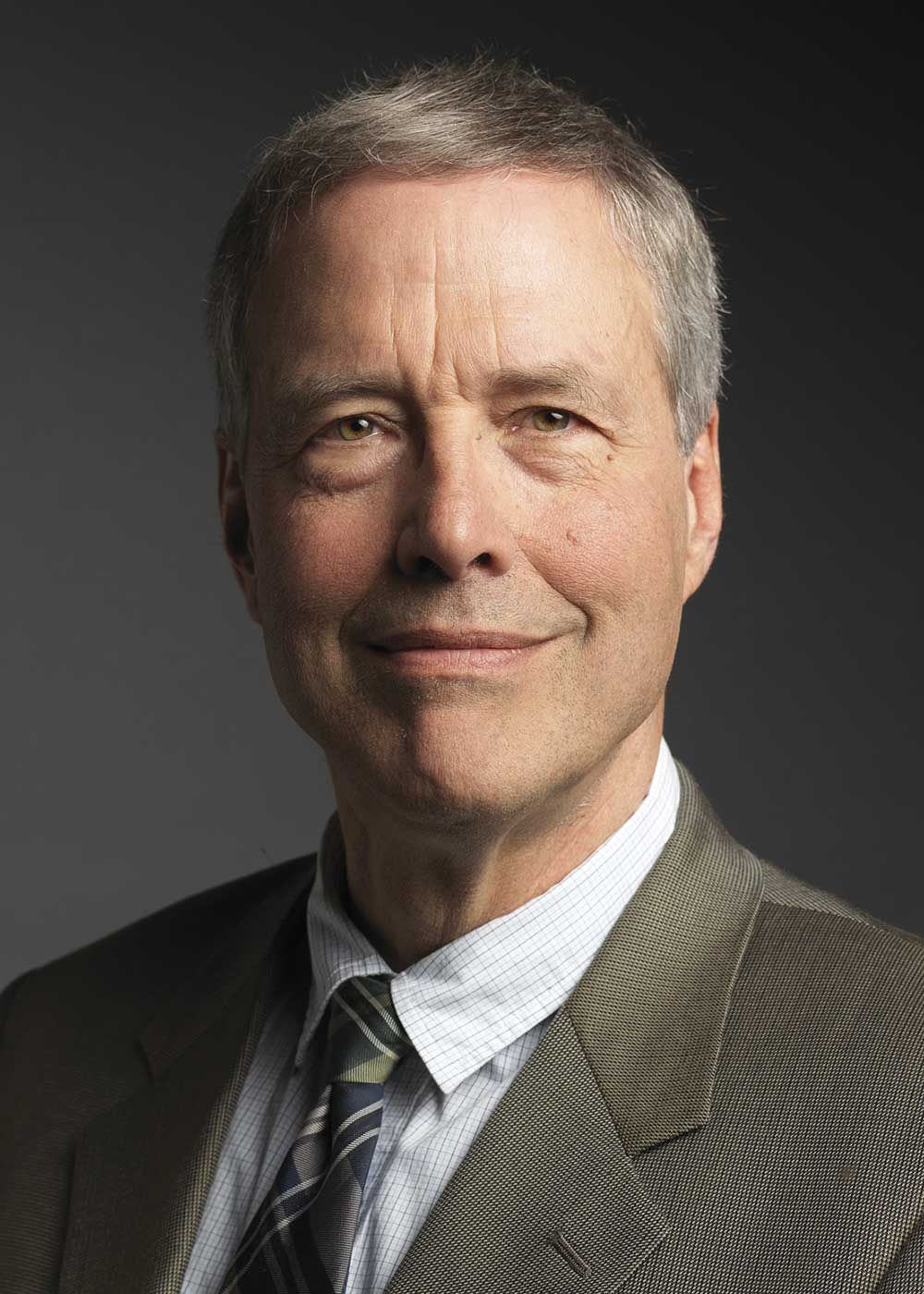Rebecca Koerselman’s post earlier this week about the “Competing Narratives” of American history struck a nerve with me.
For decades I’ve been giving presentations for community groups and church adult-education programs on the question: “Was America Founded as a Christian Nation?” I’ve worked hard to answer the question truthfully, a task that requires a fair bit of nuance and complexity.
Has it done any good? Hard to tell from the public conversation—or shouting match—over the question. The prevailing options seem stark and simple. The Founders were godly men pursing divine inspiration and biblical principles in designing the new nation. Or, they were Deists in theology and resolute secularists in their political thinking, dedicated to the complete separation of church and state.
In fact, neither of those statements is true, and the muddled middle where truth lies can only be sorted out by asking some further questions. For instance:
- Which “founding” are we talking about: Massachusetts Bay in 1630 or the Constitutional Convention of 1787? The first clearly qualifies as intentionally Christian in character; the second does not. But the first was only regional, not national, in scope and happened long before an independent United States was even a day-dream.
- The “Founders” of 1787: the national elite in Philadelphia, or leaders on the state and local level? The former were close to resolute secularists in operation; the latter, depending on the locality, less so.
- Furthermore, Founding Fathers or Founding Mothers? Think of poor Thomas Jefferson up at Monticello surrounded by women talking all the time about Jesus and the state of their souls.
 Then there is a conceptual issue that needs to be clarified against a backdrop of historical development. “Separation of church and state,” famously, does not appear in the Constitution. It originated, rather, in a letter Jefferson wrote to (wait for it) good pious Baptists in Danbury, Connecticut who were suspicious of the established Congregational church of their state. The separation clause became an operational principle of constitutional interpretation much later. Then too, separation of church and state is one thing, but separation of religion and society is quite another. And the 1787 Founders’ relatively tiny state has become much, much larger (along with most other institutions) over time, making tidy lines of separation harder to define.
Then there is a conceptual issue that needs to be clarified against a backdrop of historical development. “Separation of church and state,” famously, does not appear in the Constitution. It originated, rather, in a letter Jefferson wrote to (wait for it) good pious Baptists in Danbury, Connecticut who were suspicious of the established Congregational church of their state. The separation clause became an operational principle of constitutional interpretation much later. Then too, separation of church and state is one thing, but separation of religion and society is quite another. And the 1787 Founders’ relatively tiny state has become much, much larger (along with most other institutions) over time, making tidy lines of separation harder to define.
One more historical development. If the USA was not founded as a Christian nation, it soon became one socially and culturally. Churches had a higher profile and greater weight across the nation by 1850 than any time before. And while that may sound like—and actually was—good news for the Christian cause, it also held some bad news: namely, that the churches’ growth curve in the early republic eerily paralleled that of slavery; that on this greatest moral challenge, American Christians spoke with increasingly divided and adversarial voices; and that the nation’s most profound political failure—the Civil War—was also a religious civil war, pitting ardent Christians against each other. Being “Christian” is no guarantee of moral or political clarity.
There’s a lot more to say on the matter but that can wait for another time.
I offer the above as one example of the informed, nuanced voice that’s regularly on offer here at The Twelve. The type of voice that our perplexed and acrimonious times need. I hope that, on this last day of The Twelve’s fund drive, you’ll give us a token of your financial support if you haven’t already done so. Even more, that you’ll keep on reading and thinking and caring about good Christian journalism. We appreciate it!
[donate_cta]
Click on the box above to donate, or use the blue “Donate” box in the upper right-hand corner. It is there on the website every day.
Checks may be sent to Reformed Journal, PO Box 441130 #94102, Detroit, MI 48244-1130.

